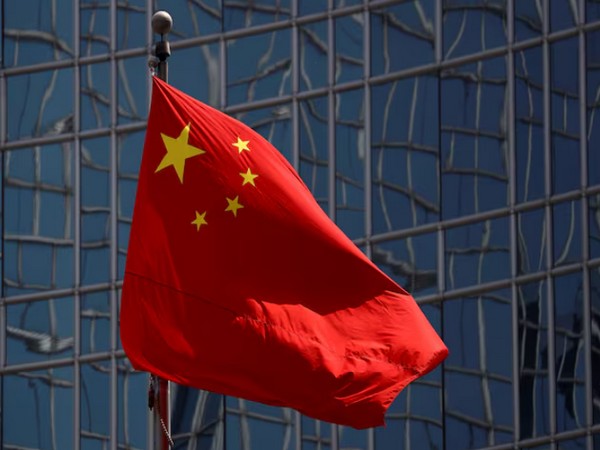Suspicion Grows Over Chinese Ship's Role in Baltic Sea Pipeline Damage
Western officials and analysts question China's explanation that a Hong Kong-registered ship caused damage to the Balticconnector Gas Pipeline due to an oceanic storm. Amid high tensions in Europe, suspicions of deliberate sabotage by China or Russia persist. Both Finnish and Estonian agencies continue the investigation.

- Country:
- Finland
Western officials and analysts are casting doubts on China's claim that a Chinese container ship accidentally damaged the Balticconnector Gas Pipeline, a crucial energy link between Estonia and Finland, in October last year, Voice of America (VOA) reported. China's explanation blames an oceanic storm, but no such storm occurred, raising suspicions.
Estonian Defense Minister Hanno Pevkur expressed skepticism about China's storm explanation in an interview with Estonia's public radio, ERR. Pevkur questioned how a ship's captain could fail to notice an anchor dragging along the seabed, calling for a thorough investigation. Similarly, Markku Mylly, former director of the European Maritime Safety Agency, pointed out the lack of storm activity in the Gulf of Finland during the incident.
The Balticconnector, built with EU assistance at a cost of USD 331 million and operational since 2019, aims to reduce the Baltic region's dependence on Russian gas. After the pipeline damage, Estonia had to rely on Latvia temporarily. Repairs costing around USD 38 million have since restored the pipeline. However, both Estonian and Finnish inquiries continue, with suspicions of sabotage by either Russia or China still under investigation.
Following the incident, the suspect vessel sailed to ports in Russia and later docked in Tianjin, China. Security experts, including Eoin Micheal McNamara from the Finland Institute of International Affairs, suggest the incident may be part of a broader pattern of targeted sabotage in the region. Neither international law nor China's acknowledgment of the incident as an 'accident' can be used as evidence in the ongoing joint investigation.
VOA reported that both Finnish and Estonian investigative agencies are working alongside Chinese officials, awaiting the completion of the investigation before releasing a comprehensive report.
(With inputs from agencies.)










